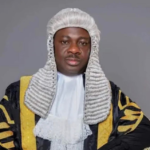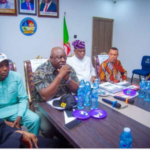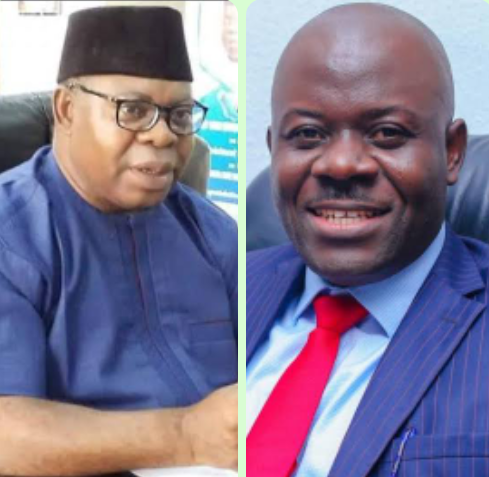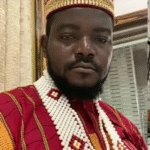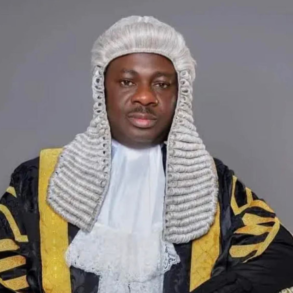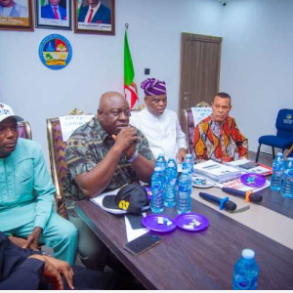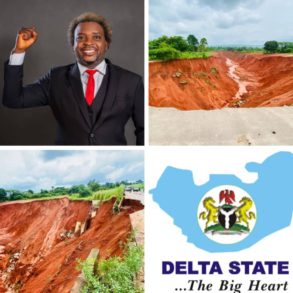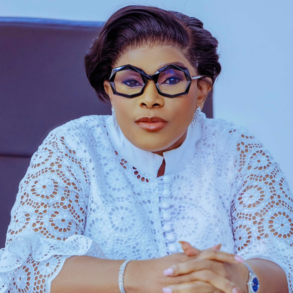The groundbreaking of the Kwale Industrial Free Trade Centre on November 11, 2025, should have been a defining moment of pride and renewal for the people of Ndokwa Nation. The ceremony, performed by Delta State Governor Rt. Hon. Sheriff Oborevwori, promised a future of industrial growth, job creation, and economic transformation for the region.
Yet, amid the celebrations, an unsettling omission cast a shadow over the event. The Ndokwa Neku Union (NNU), the apex socio-cultural body and authentic voice of Ndokwa people, was conspicuously silenced. Its President-General, Chief Amechi Asugwuni, who was expected to address the gathering, was prevented from speaking.
For many observers home and abroad, this was more than a procedural oversight. It was seen as a troubling symbol of the continued ‘marginalization’ of Ndokwa Nation; a region whose contributions to Delta State’s oil and gas economy remain significant, yet whose communities still endure poor roads, erratic power supply, substandard schools, and underfunded healthcare facilities.
Reports indicate that the NNU President-General had been duly invited a day before the occasion by the state government to deliver a speech but was allegedly sidelined by the event’s chief host, Deputy Governor Sir Monday Onyeme, himself, an indigene of Ndokwa. This development raises disturbing questions. Was this a calculated attempt to stifle the NNU’s voice? Is there a communication gap between the Deputy Governor and the leadership of Ndokwa’s foremost socio-cultural institution? Or does this reflect a deeper political insecurity within the corridors of power?
Whatever the explanation, the optics are deeply unsettling. The deliberate exclusion of the NNU which is a unifying voice for Ndokwa people sends the wrong message at a time when cohesion and collective advocacy are most needed. True leadership demands inclusivity, not control; partnership, not dominance.
Ndokwa cannot afford internal fragmentation at this critical juncture. The success of the Kwale Industrial Free Trade Centre depends not merely on government investment but on the synergy between political leaders, traditional institutions, and community organizations. A project of this magnitude must be people-centered, designed, implemented, and monitored with transparency and local participation.
As history shows, development without inclusion breeds resentment, and progress without justice cannot endure. The Ndokwa people have shown resilience through years of neglect and underrepresentation. Their patience should not be mistaken for passivity.
The time has come for introspection and cooperation. Political leaders, community elders, traditional rulers, and the NNU must set aside personal and political differences to pursue the collective good of Ndokwa Nation. A united front remains the most potent tool to secure equity, attract meaningful development, and ensure that the voices of Ndokwa people are not only heard but respected.
In the end, the Kwale Industrial Free Trade Centre should not be remembered as a symbol of exclusion, but as a turning point. The moment when Ndokwa rediscovered its unity, reclaimed its voice, and charted a common path toward inclusive growth and lasting progress.

